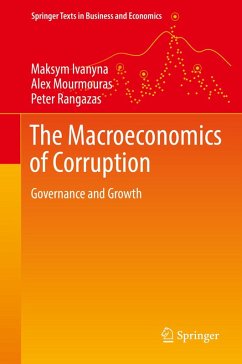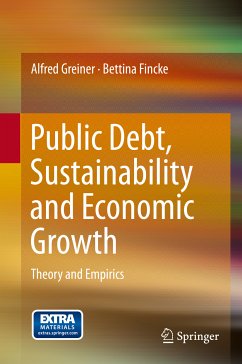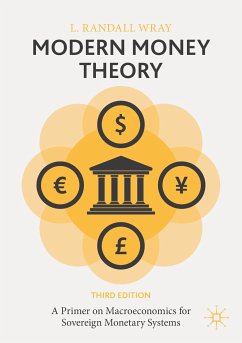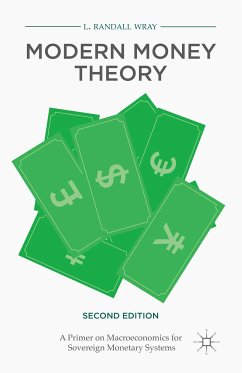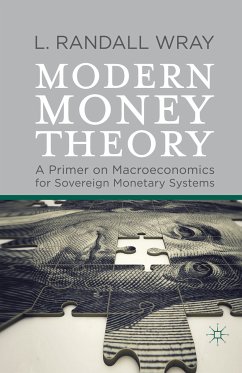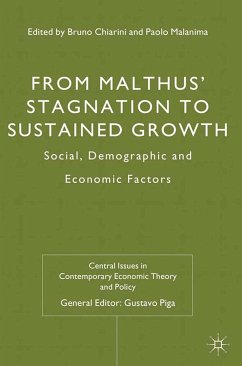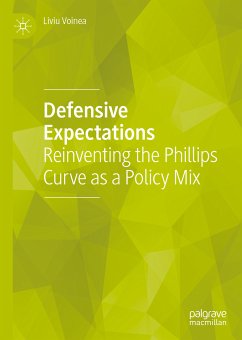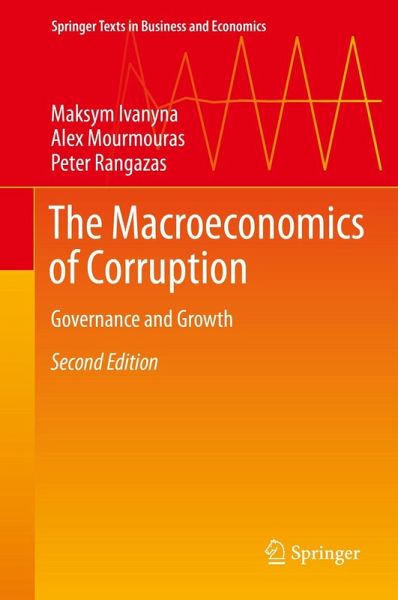
The Macroeconomics of Corruption (eBook, PDF)
Governance and Growth
Versandkostenfrei!
Sofort per Download lieferbar
64,95 €
inkl. MwSt.
Weitere Ausgaben:

PAYBACK Punkte
32 °P sammeln!
Examines corruption through a macroeconomic lens, exploring the relationship between corruption, fiscal policy, and political economy
Applies models that analyze the causes and consequences of rising income inequality, long-term economic growth slowdowns and fiscal crises
Contains ancillary materials including a technical appendix, end-of-chapter questions and problems, and a complete solutions manual
Dieser Download kann aus rechtlichen Gründen nur mit Rechnungsadresse in A, B, BG, CY, CZ, D, DK, EW, E, FIN, F, GR, HR, H, IRL, I, LT, L, LR, M, NL, PL, P, R, S, SLO, SK ausgeliefert werden.



